Twenty-nine profiles of workers in the global economy, broadcast as a special monthly feature on Marketplace. Also an interactive website featuring photo galleries, reporter’s notebooks, and the Worker Browser tool (none of which is still online, alas). The executive producer was Jonathan Miller.
“WORKING” won the Sigma Delta Chi Award for radio feature reporting from the Society of Professional Journalists, and individual awards from the Third Coast International Audio Festival and the New York Festivals.

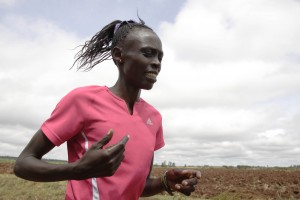
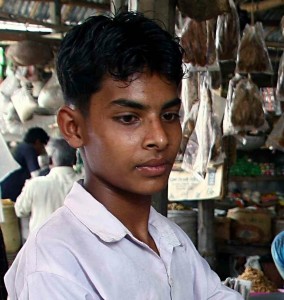 Ismael “Babu” Hussein works as an assistant in one of Bangladesh’s shipbreaking yards, where armies of laborers dismantle old vessels the way ants devour a carcass. The work is perilous, the bosses abusive, the hours exhausting.
Ismael “Babu” Hussein works as an assistant in one of Bangladesh’s shipbreaking yards, where armies of laborers dismantle old vessels the way ants devour a carcass. The work is perilous, the bosses abusive, the hours exhausting. Brandon Davies’ life is all about risk.
Brandon Davies’ life is all about risk.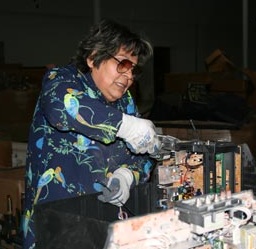 For Mexican women of a certain age, finding decent work can be nearly impossible. Vicki Ponce was in her 50s, selling tamales, grateful for the money her daughter sent home from the U.S.
For Mexican women of a certain age, finding decent work can be nearly impossible. Vicki Ponce was in her 50s, selling tamales, grateful for the money her daughter sent home from the U.S.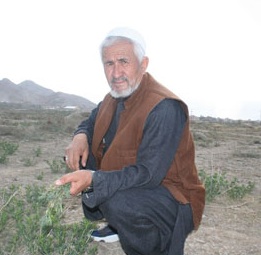 For most Afghan refugees, fleeing the war-torn country is a once-in-a-lifetime experience. For Alidad, it’s a job.
For most Afghan refugees, fleeing the war-torn country is a once-in-a-lifetime experience. For Alidad, it’s a job. If you’re a Korean man who wants to marry a Vietnamese woman, Hang Nga is your go-to gal.
If you’re a Korean man who wants to marry a Vietnamese woman, Hang Nga is your go-to gal. As a performer with The Great Moscow State Circus, Svitlana Svystun spends ten months a year traveling from fairground to fairground around the United Kingdom. Her coworkers include a human cannonball, a crossbow artist, and a crew of Hungarian roustabouts.
As a performer with The Great Moscow State Circus, Svitlana Svystun spends ten months a year traveling from fairground to fairground around the United Kingdom. Her coworkers include a human cannonball, a crossbow artist, and a crew of Hungarian roustabouts.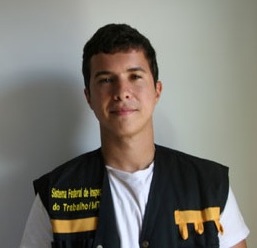 In the mid-1990s, journalists and human rights groups began to uncover a web of slave labor linked to some of Brazil’s biggest export industries: cattle, soy, sugar cane, and pig iron used in making steel for automobiles.
In the mid-1990s, journalists and human rights groups began to uncover a web of slave labor linked to some of Brazil’s biggest export industries: cattle, soy, sugar cane, and pig iron used in making steel for automobiles. Your cell phone or laptop wouldn’t work without a mineral called coltan. The Democratic Republic of Congo has about 80 percent of the world’s coltan reserves, and that has spawned a corrupt and violent industry. Military factions vie for control of the mines, earning millions of dollars while the miners themselves barely scrape by.
Your cell phone or laptop wouldn’t work without a mineral called coltan. The Democratic Republic of Congo has about 80 percent of the world’s coltan reserves, and that has spawned a corrupt and violent industry. Military factions vie for control of the mines, earning millions of dollars while the miners themselves barely scrape by.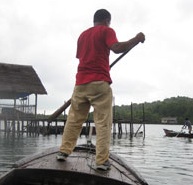 Agus Laodi could barely feed his family with his earnings as a cocoa farmer. So eight years ago, with his wife’s blessing, he left his Indonesian village to seek his fortune on an island in the Strait of Malacca.
Agus Laodi could barely feed his family with his earnings as a cocoa farmer. So eight years ago, with his wife’s blessing, he left his Indonesian village to seek his fortune on an island in the Strait of Malacca. There’s a huge amount of human effort buried in almost everything around us. You just need to know where to look.
There’s a huge amount of human effort buried in almost everything around us. You just need to know where to look. Samanta moved to Baku, the capital of Azerbaijan, for the same reason that thousands of other foreigners did: the oil boom.
Samanta moved to Baku, the capital of Azerbaijan, for the same reason that thousands of other foreigners did: the oil boom. Whyman Richards says he’ll give anything a try.
Whyman Richards says he’ll give anything a try.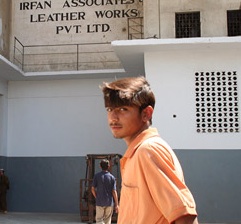 Mohmen left his village at 13 and quickly found work stacking animal skins in one of Karachi’s many tanneries. He wasn’t allowed to stand by the window when the fumes overtook him. Now, at 17, he’s still doing the same job.
Mohmen left his village at 13 and quickly found work stacking animal skins in one of Karachi’s many tanneries. He wasn’t allowed to stand by the window when the fumes overtook him. Now, at 17, he’s still doing the same job. Nigeria produces more movies per year than any other country but India and the United States. Since the 1990s, “Nollywood” videos have been an entertainment staple – and a source of pride – for Africans everywhere.
Nigeria produces more movies per year than any other country but India and the United States. Since the 1990s, “Nollywood” videos have been an entertainment staple – and a source of pride – for Africans everywhere. For thousands of years, traders have plied the waters of the Persian Gulf, braving pirates, warships, and sudden storms in wooden cargo boats called dhows.
For thousands of years, traders have plied the waters of the Persian Gulf, braving pirates, warships, and sudden storms in wooden cargo boats called dhows.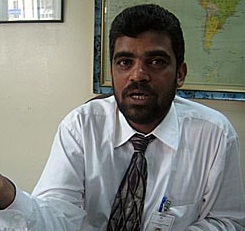 About one-fourth of the people who live in Saudi Arabia are foreign workers. Many come from Sunni Muslim countries such as Indonesia, Pakistan, or Bangladesh. But others are Christians, Buddhists, Hindus, and minority Shiites.
About one-fourth of the people who live in Saudi Arabia are foreign workers. Many come from Sunni Muslim countries such as Indonesia, Pakistan, or Bangladesh. But others are Christians, Buddhists, Hindus, and minority Shiites.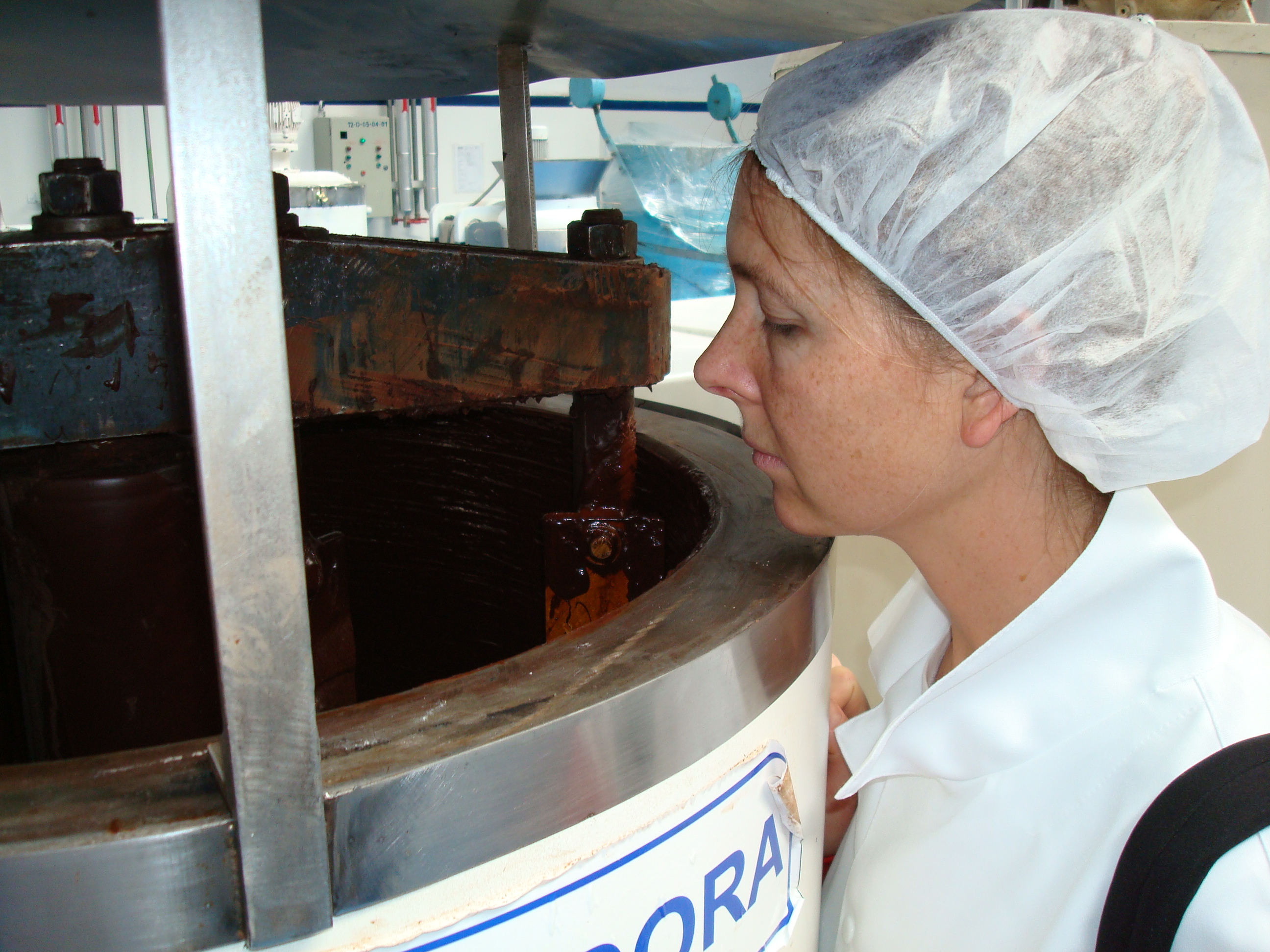 The New York Times called Chloé Doutre-Roussel a “goddess.” International chocolate guru Martin Christy compares her to Joan of Arc.
The New York Times called Chloé Doutre-Roussel a “goddess.” International chocolate guru Martin Christy compares her to Joan of Arc. Remember Hercules, the hero from Greek mythology? He’s famous for the twelve labors he was forced to perform by one of his rivals. One of the toughest was to get rid of 30 years worth of manure left by a herd of royal cattle.
Remember Hercules, the hero from Greek mythology? He’s famous for the twelve labors he was forced to perform by one of his rivals. One of the toughest was to get rid of 30 years worth of manure left by a herd of royal cattle. The garment industry is a place where dreams are more often shattered than fulfilled. The margins are low, the work is exacting, and the competition is brutal. It’s hard to imagine why anyone would actually choose to get into the business.
The garment industry is a place where dreams are more often shattered than fulfilled. The margins are low, the work is exacting, and the competition is brutal. It’s hard to imagine why anyone would actually choose to get into the business.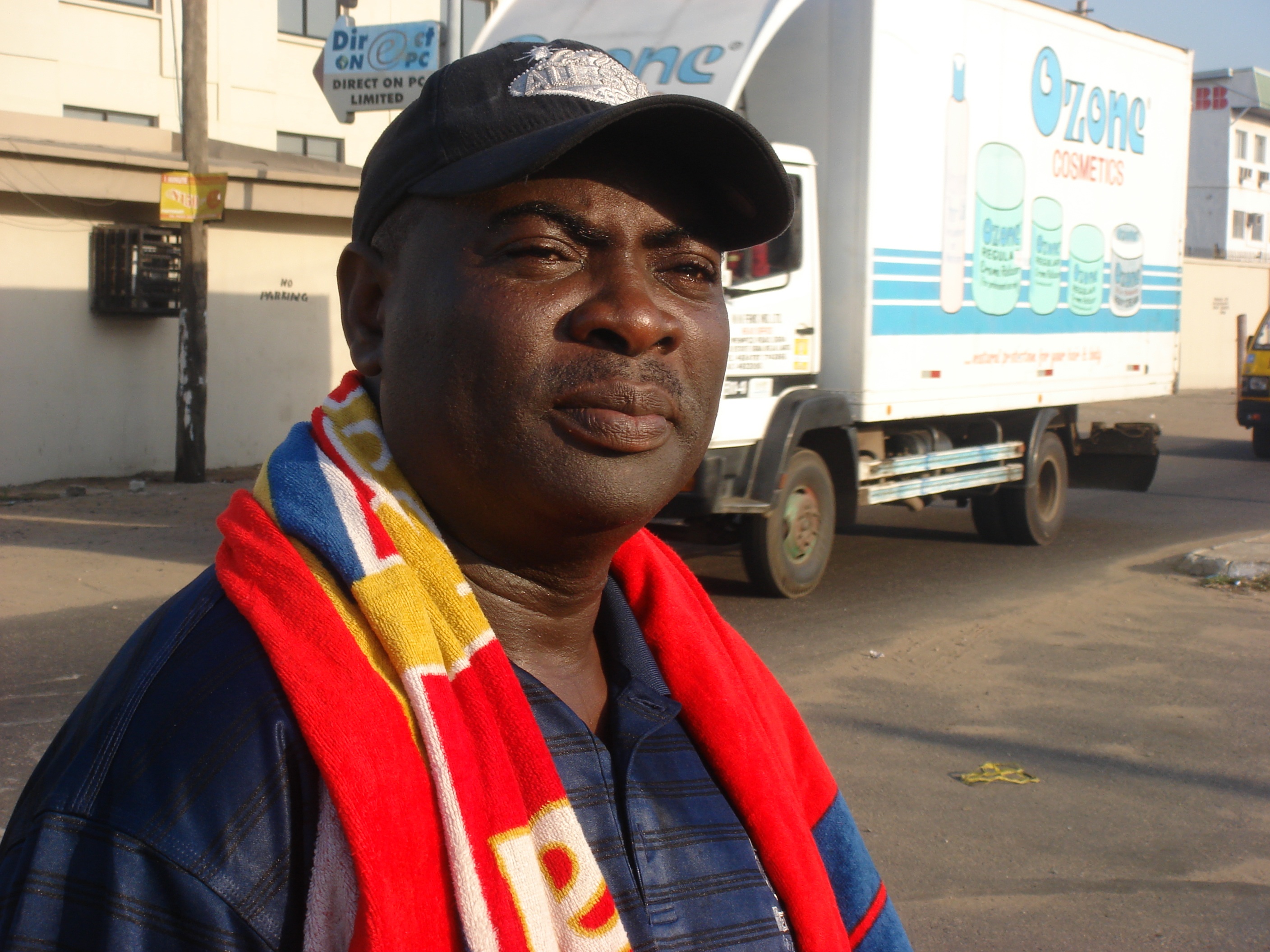 More than one-fifth of all NBA players are from outside the United States, including some of the league’s biggest stars. Most of these foreign players have been on the league’s radar since they were barely old enough to dunk. That’s thanks to a global army of basketball gumshoes, scouring the planet for talent.
More than one-fifth of all NBA players are from outside the United States, including some of the league’s biggest stars. Most of these foreign players have been on the league’s radar since they were barely old enough to dunk. That’s thanks to a global army of basketball gumshoes, scouring the planet for talent.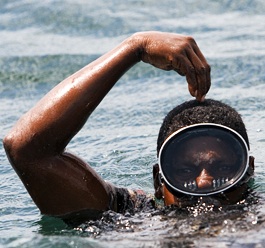 Walk into your local chain restaurant and you can get a lobster tail for around 15 bucks. Ever wonder where the lobster comes from, or why it’s so cheap?
Walk into your local chain restaurant and you can get a lobster tail for around 15 bucks. Ever wonder where the lobster comes from, or why it’s so cheap? Pam Pardy and Blair Ghent left good jobs in Toronto to return home to rural Newfoundland. They thought the quality of life would be better there for their son Brody.
Pam Pardy and Blair Ghent left good jobs in Toronto to return home to rural Newfoundland. They thought the quality of life would be better there for their son Brody.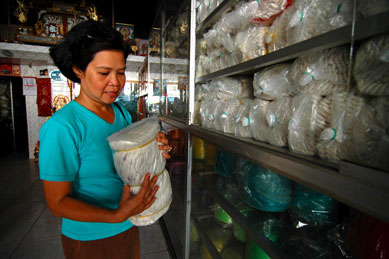 Like thousands of educated Cambodians, Chanta Nguon fled the Khmer Rouge and spent years in exile. When she returned, she decided not to be a victim anymore.
Like thousands of educated Cambodians, Chanta Nguon fled the Khmer Rouge and spent years in exile. When she returned, she decided not to be a victim anymore. Every weekday, Mr. Wang says goodbye to his daughter and his beloved pigeons in an old-fashioned Beijing neighborhood, mounts his bicycle and ventures into the chaos of the city.
Every weekday, Mr. Wang says goodbye to his daughter and his beloved pigeons in an old-fashioned Beijing neighborhood, mounts his bicycle and ventures into the chaos of the city. Diana Dimova says she’s never so moved as when she sings the ancient mountain music of her native Bulgaria. The music, distinguished by its haunting harmonies, was briefly popular in western Europe, and still enjoys a small but loyal audience.
Diana Dimova says she’s never so moved as when she sings the ancient mountain music of her native Bulgaria. The music, distinguished by its haunting harmonies, was briefly popular in western Europe, and still enjoys a small but loyal audience.
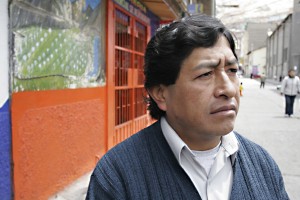
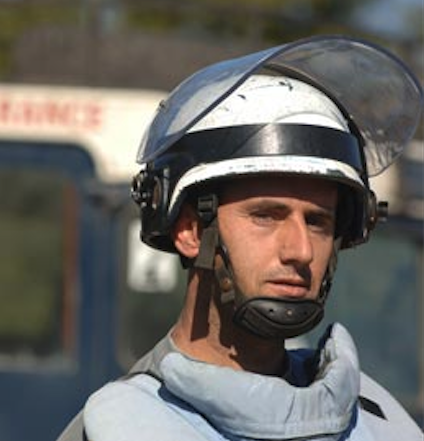 Long after the fighting ended in Kosovo in 1999, the people of the region are still struggling to free themselves from the legacy of war.
Long after the fighting ended in Kosovo in 1999, the people of the region are still struggling to free themselves from the legacy of war.